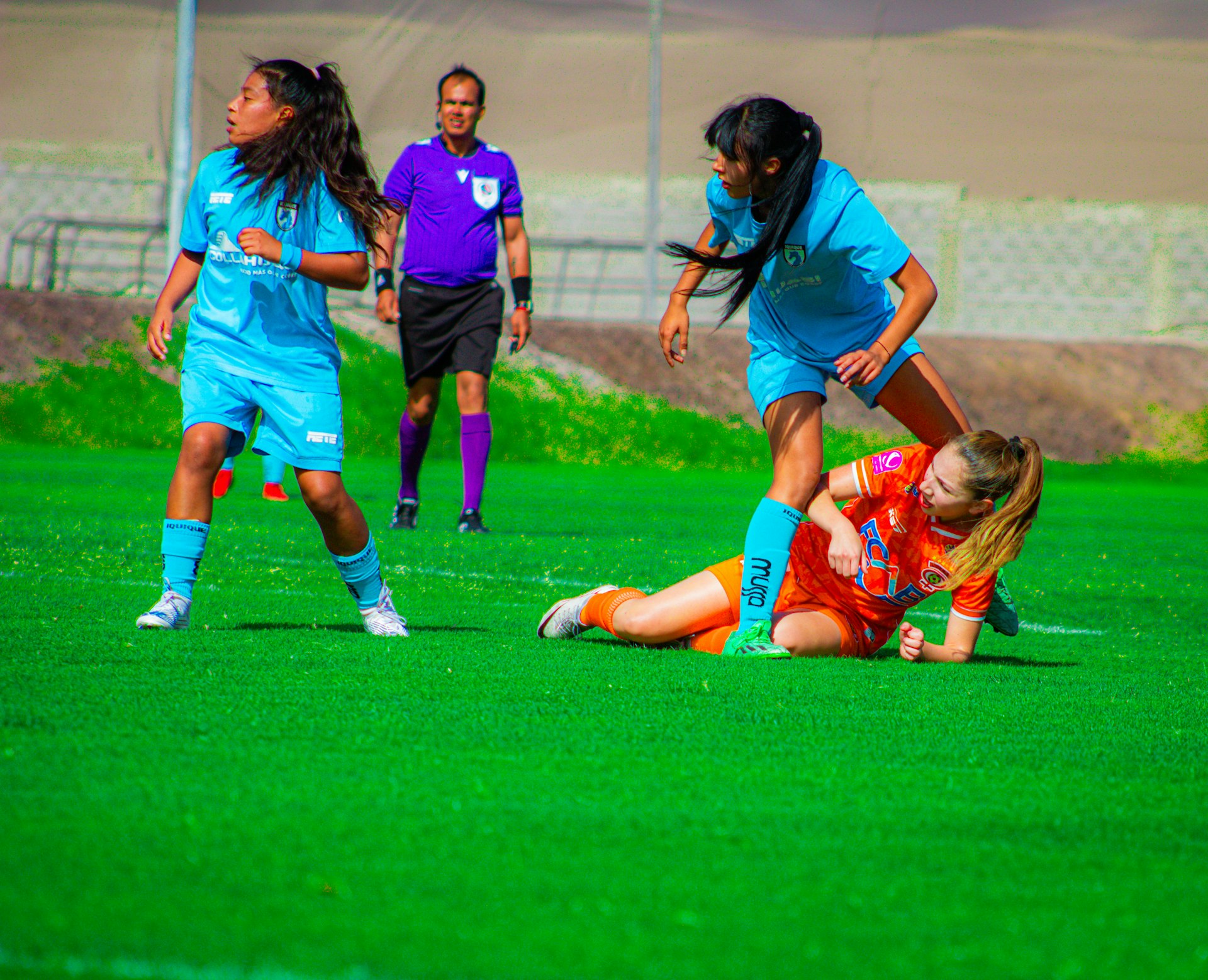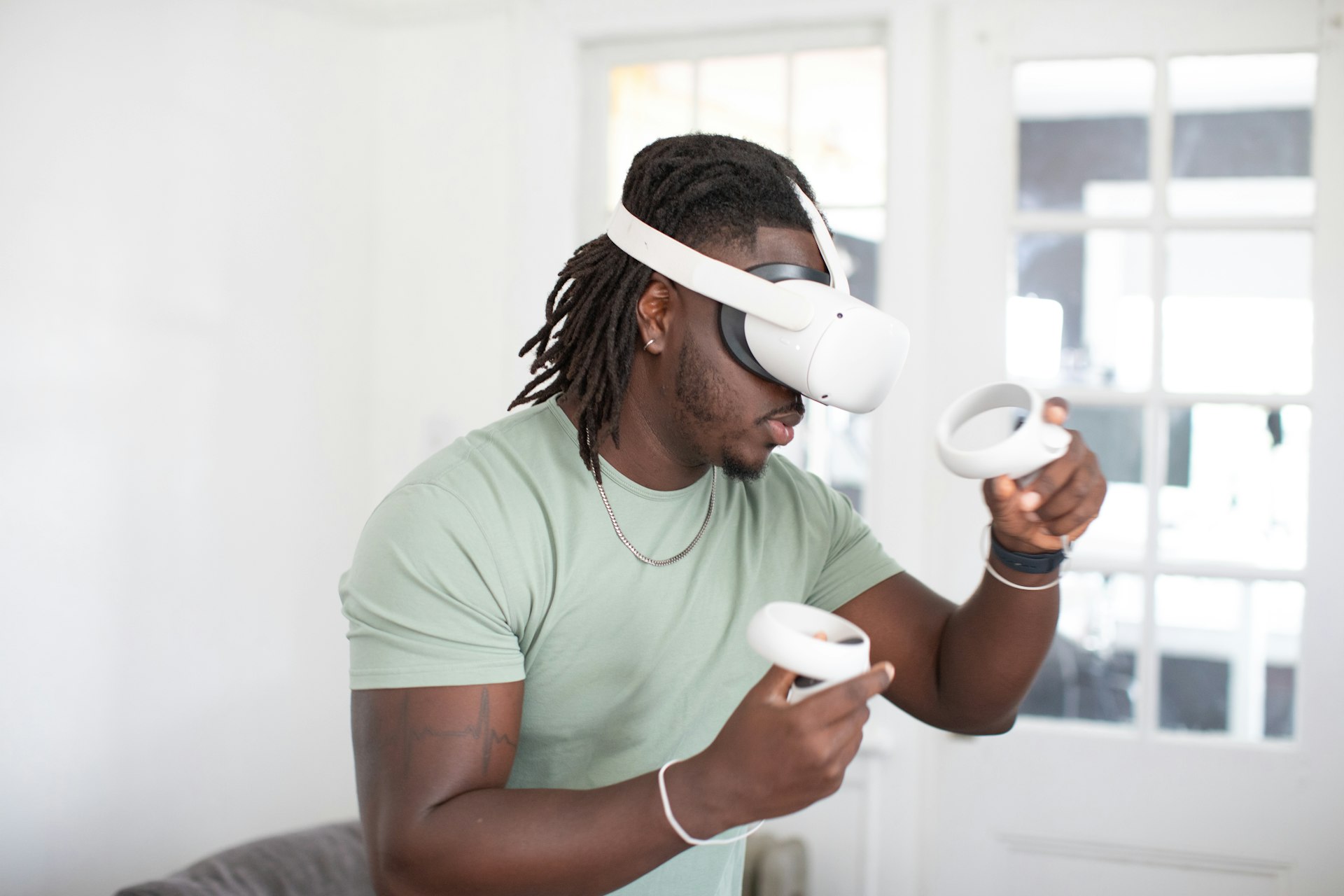Unlocking Peak Performance: The Critical Role of Sleep Science in Athletic Success

Photo by FETHI BOUHAOUCHINE on Unsplash
Introduction: Why Sleep Science Matters for Athletic Performance
In the relentless pursuit of athletic excellence, athletes and coaches often focus on training plans, nutrition, and mental conditioning. Yet, an essential pillar of performance is frequently overlooked: sleep . Modern sleep science has illuminated the profound impact that sleep quality and quantity have on physical ability, recovery, and mental sharpness. Understanding and applying sleep science is not just a luxury-it’s a critical competitive edge for anyone committed to athletic success [1] .
The Science: How Sleep Directly Influences Performance
Sleep is an active, restorative process crucial for athletes. During deep sleep, the body repairs muscle tissue damaged during intense training, replenishes glycogen stores, and releases growth hormones essential for recovery [3] . Cognitive functions such as focus, reaction time, and decision-making are also strengthened. Without adequate sleep, athletes experience slower reaction times, impaired motor skills, and increased risk of injury [4] . For example, research has shown that extending sleep can improve reaction times by 15% and enhance both physical and mental well-being [1] .

Photo by Solving Healthcare on Unsplash
Real-World Evidence: Case Studies and Measurable Benefits
Numerous studies offer tangible proof that prioritizing sleep leads to measurable performance gains:
- Stanford University found that men’s basketball players who increased sleep to 10 hours per night ran faster, had at least a 9% improvement in free throws and three-point shots, and reported better overall wellness [1] .
- Competitive swimmers who extended their nightly sleep improved reaction times, turn speeds, and sprint performance while feeling less fatigued [1] .
- Varsity tennis players who slept at least nine hours saw their serve accuracy jump from 36% to nearly 42% and experienced less daytime drowsiness [1] .
These findings are echoed in many other sports and levels of competition, highlighting that sleep extension and sleep hygiene education are universally beneficial for athletes.
Mechanisms: Why Sleep Makes the Difference
Sleep is not just about quantity, but quality-especially deep sleep . During this stage, the body undertakes the bulk of muscle repair and growth. According to experts, athletes should spend about 50% or more of their sleep time in deep sleep to ensure optimal physical recovery [5] . The brain also uses this time to clear out metabolic waste, improving signal transmission and mental clarity.
Consistent, high-quality sleep also consolidates learning and muscle memory-a vital advantage for mastering complex movements and strategies in sport [3] . Without this, athletes may experience slower skill acquisition and an increased likelihood of strategic errors during competition.
Actionable Guidance: How Athletes Can Optimize Sleep
Implementing effective sleep strategies is vital for peak performance. Here are practical, research-backed steps:
- Prioritize Sleep Duration: Aim for at least 7-9 hours of quality sleep per night. During periods of intense training or competition, consider extending sleep to 9-10 hours if possible [1] .
- Establish a Consistent Schedule: Go to bed and wake up at the same times every day, even on weekends. This helps regulate your internal clock.
- Create a Sleep-Friendly Environment: Keep your bedroom cool, dark, and quiet. Remove electronic devices, which can disrupt melatonin production and sleep cycles [1] .
- Prioritize Pre-Sleep Routine: Develop calming rituals, such as light stretching, reading, or meditation, to signal to your body that it is time to wind down.
- Monitor and Adjust: Use a sleep journal or wearable technology to track your sleep patterns. Adjust routines as needed, especially during travel or schedule changes.
- Seek Professional Guidance: If you experience persistent sleep issues, consult a sleep specialist-many sports medicine clinics offer sleep evaluations tailored for athletes. Search for “sports sleep clinic” or “athlete sleep evaluation” in your area to find qualified professionals.
Some organizations and sleep clinics may offer athlete-focused sleep studies or educational programs. To access these services, consider contacting your local sports medicine center or university athletic department for referrals.
Addressing Common Challenges and Solutions
Athletes often face unique sleep challenges, such as travel across time zones, early morning practices, and pre-competition nerves. Here are effective solutions:
- Jet Lag: Gradually shift your sleep schedule before travel to align with your destination’s time zone. Use light exposure strategically to reset your internal clock.
- Early Training Sessions: Move bedtime earlier in small increments. Avoid caffeine and screens close to bedtime to facilitate falling asleep sooner.
- Performance Anxiety: Practice relaxation techniques, such as controlled breathing or guided imagery, to quiet the mind before bed.
- Irregular Schedules: When routine is disrupted, focus on sleep consistency whenever possible, and use short daytime naps (20-30 minutes) to supplement nighttime sleep if needed [1] .
If these approaches are not effective, consult with an athletic trainer or sports psychologist for further support and individualized strategies.
Alternative and Complementary Approaches
While sleep is irreplaceable, other strategies can complement its benefits:
- Nutrition: Eating a balanced diet that supports muscle recovery can enhance the restorative effects of sleep.
- Active Recovery: Incorporating light physical activity, such as walking or yoga, aids in muscle relaxation and may improve sleep quality.
- Mindfulness and Stress Management: Regular mindfulness exercises can reduce anxiety and facilitate better sleep onset and depth.
It’s important to remember that these methods should support, not replace, adequate sleep.
Key Takeaways and Next Steps
Sleep science has fundamentally transformed our understanding of what it takes to excel in athletic performance. Quality sleep enhances muscle recovery, sharpens cognitive function, and accelerates skill development. Athletes who make sleep a priority gain a crucial advantage-both physically and mentally-over competitors who neglect this vital aspect.
To start optimizing your sleep for athletic performance, assess your current habits, implement the evidence-based strategies outlined above, and seek expert help if needed. For further information, you may consult reputable sources like the Sleep Foundation or your local sports medicine provider. If you’re interested in a formal sleep study, search for accredited sleep clinics that specialize in sports performance or ask your primary care provider for a referral to a sleep medicine specialist.
References
- [1] Sleep Foundation (2023). Sleep, Athletic Performance, and Recovery: Evidence and Recommendations.
- [2] Kanuda USA (2023). Sleep Science: Unlocking Athletic Performance.
- [3] The Snooze Doc (2024). How a Sleep Study Can Boost Athletic Performance.
- [4] National Institutes of Health (2023). Sleep and Athletic Performance: Impacts on Physical Performance and Cognition.
- [5] Mass General Brigham (2023). How Does Sleep Affect Athletic Performance?



